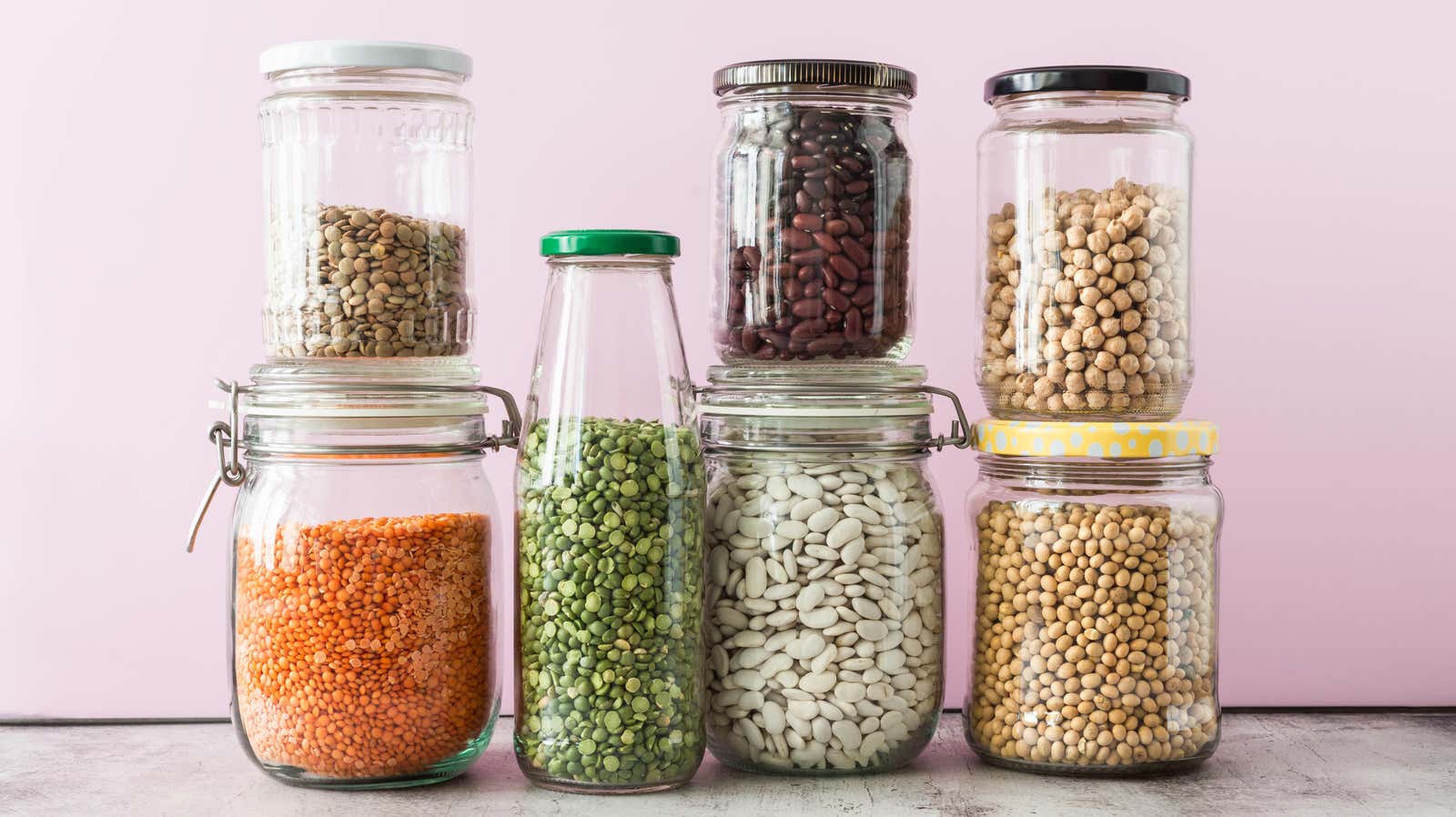How to Save Seeds for Planting Next Year

The end of the warmer months can be depressing for the avid gardener. Fortunately, seeds from past flowers offer hope for future plantings. But seeds are not eternal, and the older they get, the less viable they are . How you store your seeds can lengthen or shorten the life of your seeds. Here’s how to save your seeds so you can plant them next season and for years to come.
How long do seeds last?
The seeds appear to be lifeless pods, waiting for a suitable medium to crack open and morph into something truly alive. Actually, the seeds are already alive, but inactive. As horticultural experts explain, seeds are still involved in life-supporting activities such as respiration, but not at the scale of the growing plant. When the seed is planted and germinated, things like breathing become more frequent. “A large amount of stored energy is needed to germinate and maintain a seedling until it has the first set of true leaves and can photosynthesize on its own,” notes Garden Professors. If a seed does not have the vitality required to produce that level of energy, it will not germinate. The seed must be healthy in order to go through the difficult process.
Seed vitality depends on both the type of seed and how it is stored. As Micro Gardener explains, “The onion and parsnip family typically only has a one-year shelf life, so they need to be used quickly. While basil, radish and cucumber seeds can be stored for an average of five years. ” Although herbs and vegetables have different shelf life, usually seeds stored in a cool, dry place must be stored for three to five years before their viability begins to decline. Seeds that have been exposed to heat and moisture will lose their vitality, while seeds stored in a refrigerator can last for up to ten years, according to Micro Gardener.
Some seed growers use this information to determine the expiration date printed on their packaging, but if that date has passed, it doesn’t mean your seeds have gone bad. Expired seed bags still have a chance to germinate , but you’ll want to plant them ASAP.
How to extend the shelf life of seeds
To extend the life of your seeds, make sure they are dry first, as heat and moisture will reduce the chances of germination later. If your seeds are wet, you can dry them on a paper towel or newspaper before storing them. Make sure that the surface is not exposed to direct sunlight, which can also damage pot life.
Then take an airtight container. A good household suggests storing seeds in tightly sealed jars or glass containers with airtight lids , although a Ziploc freezer bag will also suffice. To keep the seeds dry, they also suggest pouring two tablespoons of milk powder over several layers of napkins or paper towels, putting them in a small bag or bag, and adding to the jar or bag along with the seeds. (If you have any possessions, this is also a great excuse to get rid of your old silica gel bags .)
Once the seeds are sealed and protected from moisture, place them in a cool, dry place until you are ready to plant them. The best place to store seeds is in the refrigerator. Epic Gardens states that the optimum storage temperature is “40 degrees Fahrenheit or lower, but [it] should not drop to subzero temperatures, as this kills some forms of plant germs.”
When you are ready to sow seeds, remove them from storage and allow them to warm to room temperature before germinating or planting. As with any package of seeds, you will still have some flaws no matter how carefully you store them, so do not worry if some of your seeds have not made their way through time safe and sound. If you keep things in a cool, dry place, you should have enough strong and viable seeds to plant your garden.